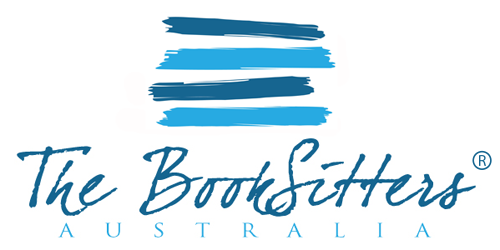How to Pay down Debt
 How to Pay down Debt
How to Pay down Debt
Debt can be a crippling problem for small businesses wanting to grow or just break-even during difficult times. By reducing debt you’ll improve the value of your business, its financial situation, and its ability to continue operating into the future. We have listed below our top steps to reducing debt in the new financial year.
Assess your debt situation
Take a detailed look at all of your debts – both current and long term. Evaluate which ones are more urgent and which can be parked until some progress is made.
The key determining factor should be the interest you’re paying on your debts. For example, those with the highest levels of interest should be paid first.
Also list your debts from smallest to largest. Maybe some of those smaller debts can be paid off quickly without much hassle to enable you to focus on the larger ones. Consider consolidating all your loans into one payment if possible.
Cut costs and free up cash

Try to cut any unnecessary costs and free up some cash in the process. Think about how much you spend on each of your daily expenses – is there room to cut some of those costs?
For example, a building firm might shout takeaway coffees for its workers several times a week. While it is certainly encouraged to support small business with takeaways (especially during COVID-19), perhaps a cheaper way can be found to provide coffee for the majority of the week, such as a coffee machine or instant coffee on site with hot water from a thermos. Takeaway coffees could remain a workplace treat every second Friday instead.
Also take a look at how long it is taking your debtors to pay you. If your customers aren’t paying on time, think about some solutions for encouraging them to pay quicker. A number of virtual bookkeeping software programs such as Xero and MYOB exist to assist with this, and we highly recommend getting in touch with your local bookkeeper to help you set this up.
Early payment discounts are another option, but remember to make this clear on each customer’s invoice. Alternatively, tighten up invoice periods so there are fewer days for your debtors to pay before penalties. Make sure you let them know about any changes and the reasons for those changes.
Reassess funding
Have a look at how you’re using funds to pay off your business’s debt. Do you have funds available that could be better used to reduce debt further? Perhaps you have money in a current account that isn’t being used optimally – lowering debt and hence future payable interest could be a wiser choice.
Examine your cash cycle, when payments come in and when they go out to pay your creditors. Where does the incoming cash go before it gets allocated? Is there any you can reassign to debt payments?
 Sell your assets
Sell your assets
Another option for freeing up funds to reduce your business’s debt might be to sell some assets. What do you have money tied up in, but don’t use often enough to justify?
Any equipment that’s not being used could be sold off. One example could be a builder who has an oversupply of power tools – making a detailed list of all their tools and how frequently they’re used might reveal some surplus assets.
Make sure you’ve calculated depreciation correctly
Have you depreciated all the assets in your business that need to be depreciated? It’s important to get these figures correct including the ratio of personal to business use, if you use an asset for both.
For example, a company vehicle will need to be accurately depreciated in relation to its usage over time. Your bookkeeper or accountant can help you calculate depreciation correctly and also check whether you’re entitled to any tax rebates.
Contact your local bookkeeper
The information and insight a bookkeeper provides goes a long way to helping you make smart business decisions, including ways to reduce debt for your small business.
Whether you’re just after some financial advice on reducing debt, bookkeeping tips or assistance selecting an accounting software package such as MYOB, Xero, Quickbooks Online or Receipt Bank, we can work through it together.
See below for our bookkeeper locations; if you’d like to ask a question, please feel free to use the form below and we’ll be in touch with you soon. Alternatively, have a read of our latest COVID-19 bookkeeping blogs here.
Our Bookkeepers
Justine Day: Southern Highlands / Bowral Bookkeeper
Amanda Graham: Southern Highlands / Bowral Bookkeeper
Petra Austing: Southern Highlands / Bowral Bookkeeper
Karin Evans: Gold Coast Bookkeeper
Pru Hall: Wollongong Bookkeeper
Jackie Short: Canberra Bookkeeper
